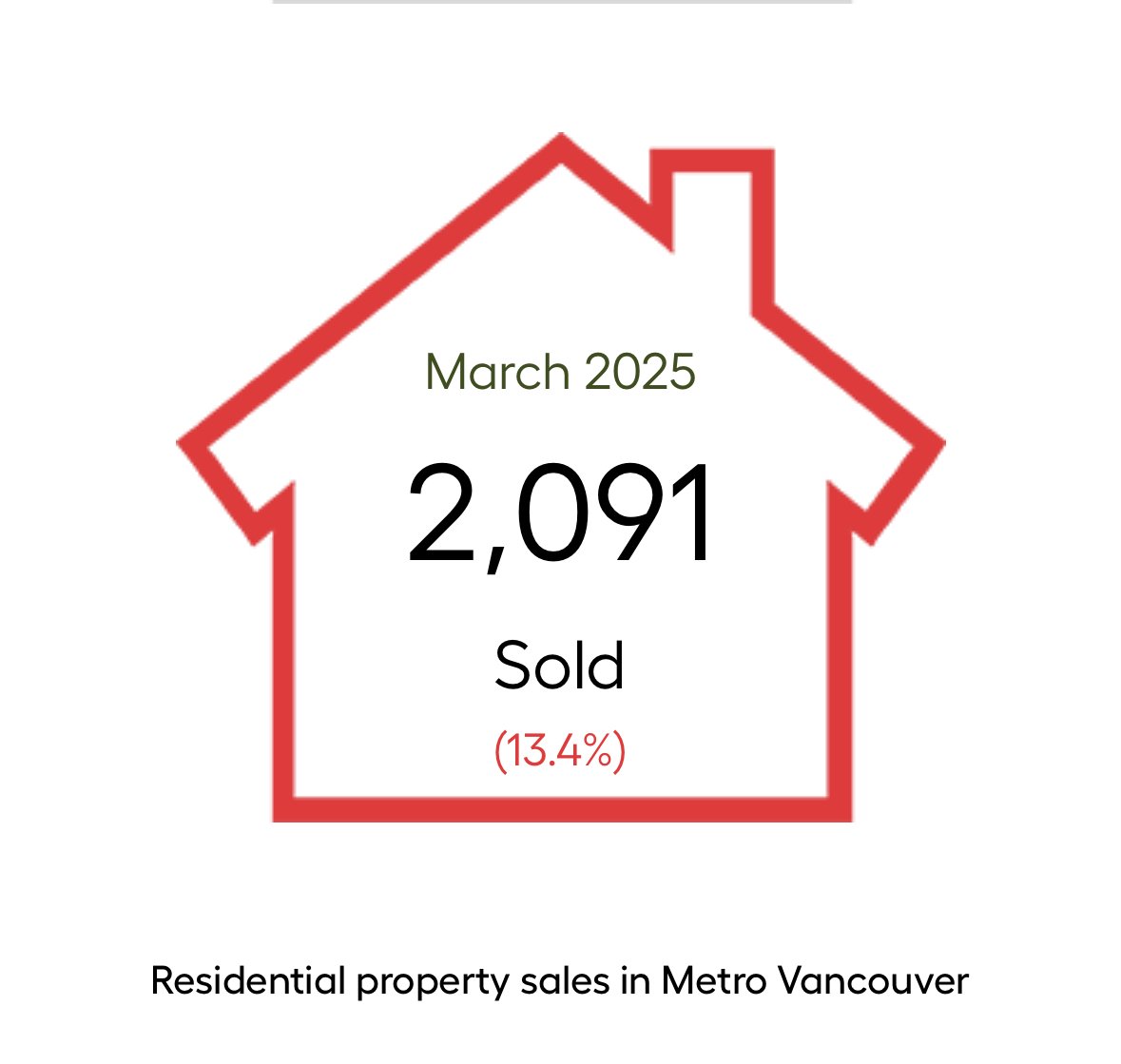
Vancouver, BC – Despite an increase in housing supply, the Vancouver real estate market experienced its slowest March sales since 2019, highlighting ongoing challenges in the sector.
According to the city’s real estate board, a total of 2,091 residential properties were sold in March, marking a 13.4% decline from the 2,415 sales recorded in March 2024. This figure is also 36.8% below the 10-year seasonal average, suggesting that buyers remain hesitant despite a growing inventory.
The number of newly listed properties surged to 6,455, reflecting a 29% year-over-year increase. Additionally, total active listings jumped 37.9% to 14,546, offering more choices to potential buyers but also indicating slower market movement.
Despite the decline in sales, the composite benchmark price for homes in Metro Vancouver stood at $1,190,900 in March. This represents a 0.6% decrease from the previous year but a 0.5% increase from February, signaling slight month-over-month growth.
Market analysts suggest that higher interest rates, affordability concerns, and cautious buyer sentiment are key factors contributing to the slowdown in transactions. However, the rise in inventory could eventually lead to more balanced conditions, potentially easing competition in the months ahead.
Outlook for the Market
With increasing supply but sluggish demand, real estate experts predict that pricing trends will remain relatively stable, with potential for further softening if sales continue to lag. Buyers may find more negotiating power, while sellers may need to adjust pricing expectations to align with current market conditions.
As Metro Vancouver navigates these shifts, stakeholders will be closely watching interest rate movements and economic indicators that could influence market activity in the coming months.

Comments